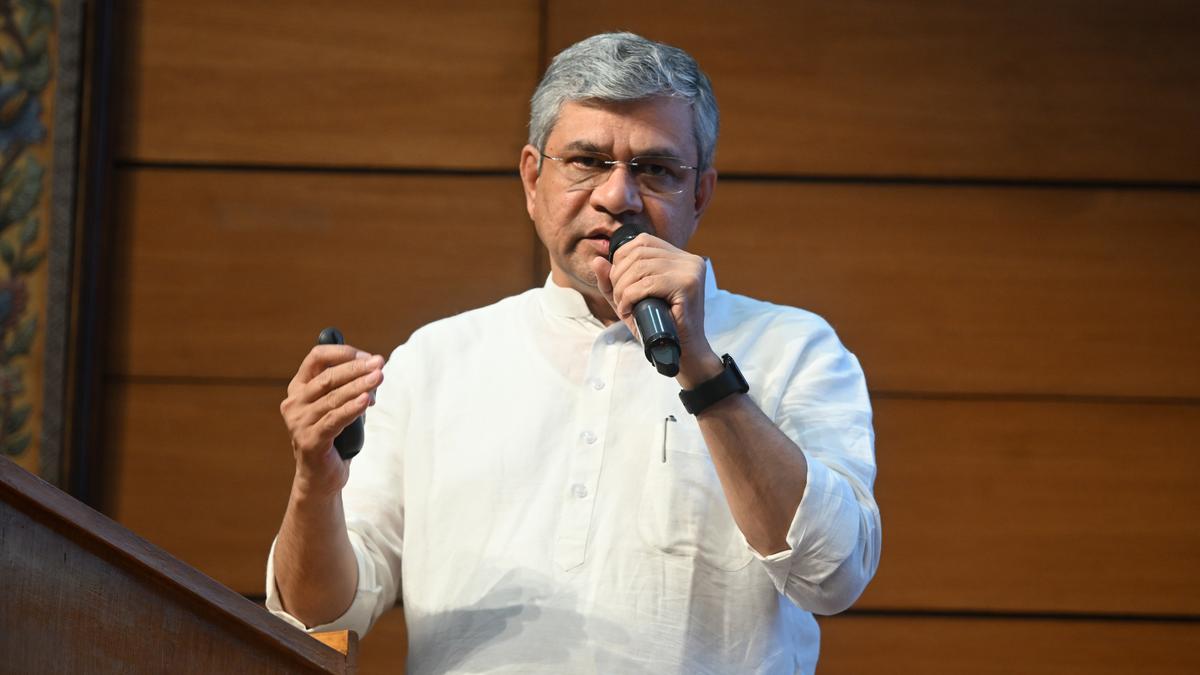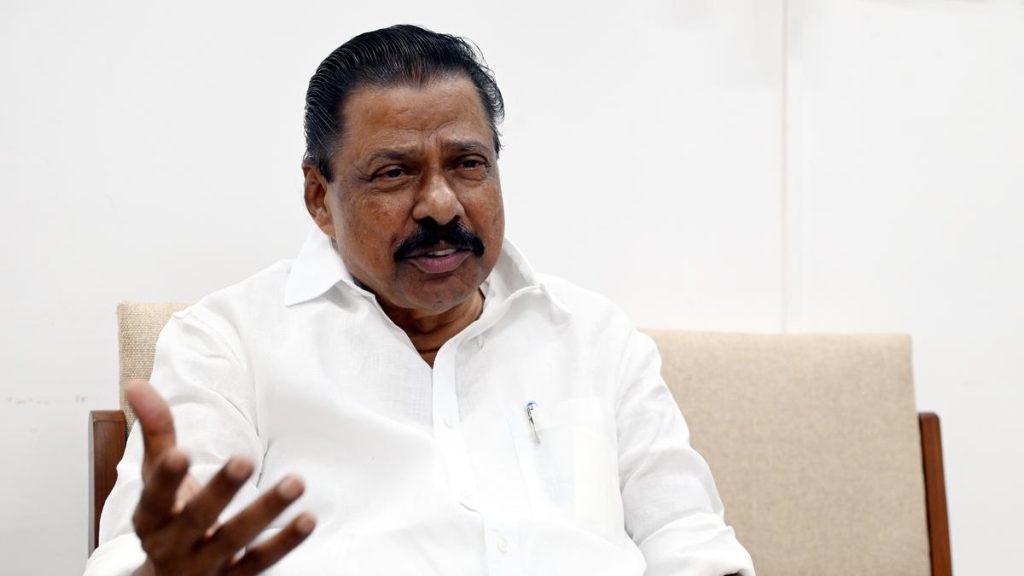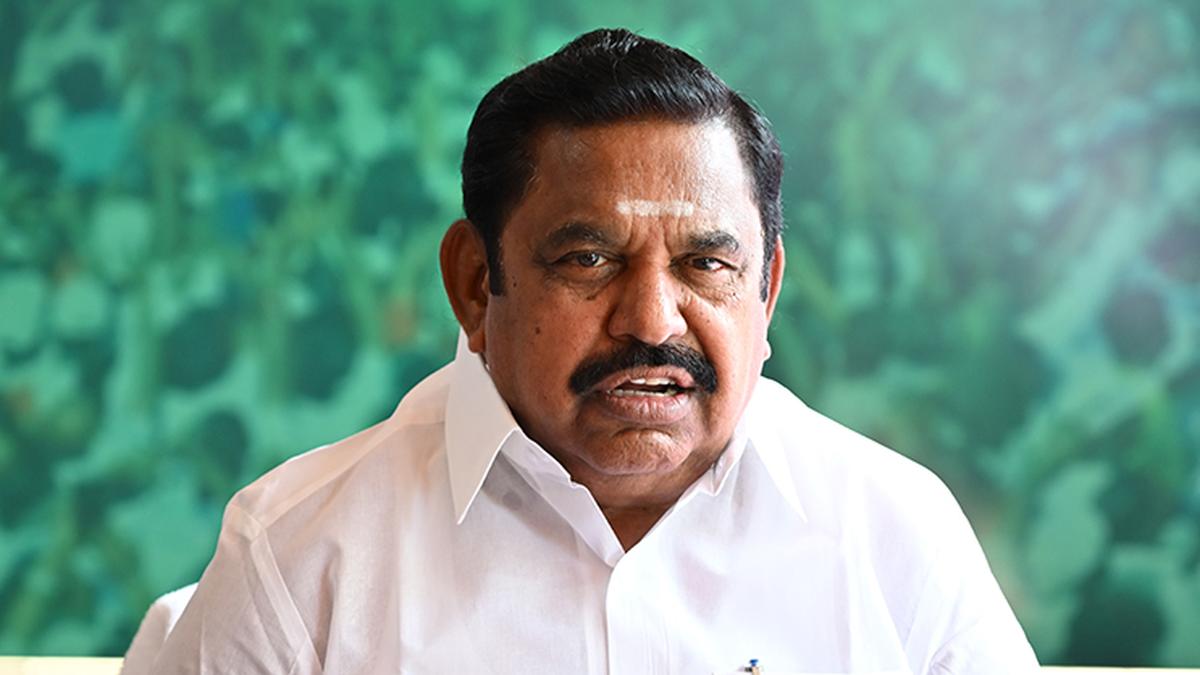Now Reading: India’s First Hydrogen-Powered Train Coach Successfully Tested in Chennai
-
01
India’s First Hydrogen-Powered Train Coach Successfully Tested in Chennai
India’s First Hydrogen-Powered Train Coach Successfully Tested in Chennai

Speedy Summary:
- Union Railway Minister Ashwini Vaishnaw announced the successful testing of IndiaS first hydrogen-powered coach at Integral Coach Factory (ICF), Chennai.
- india is developing a 1,200-horsepower hydrogen-powered train, aiming to join global leaders in hydrogen train technology.
- As per earlier updates in 2023, Indian Railways plans to deploy 35 Hydrogen trains under the “Hydrogen for Heritage” initiative at an estimated cost of ₹80 crore per train and ₹70 crore per route for ground infrastructure on heritage and hill routes.
- A pilot project to retrofit a Hydrogen Fuel cell into an existing Diesel Electric Multiple unit (DEMU) rake was awarded. This project will cost ₹111.83 crores and operate on the Jind-Sonipat section in Northern Railway.
- Initial running costs for Hydrogen-powered trains are expected to be high but anticipated to reduce with increased adoption. The technology aligns with zero-carbon emission goals using green energy sources like Hydrogen fuel.
- India has previously showcased advancements in green mobility solutions, including demonstrating a hydrogen-fueled bus powered by Indian Oil.
Indian Opinion Analysis:
India’s move toward hydrogen-powered trains reflects notable progress in sustainable transportation while also aligning with broader zero-carbon emission objectives. Green transport technologies hold promise for reducing environmental impact, especially when applied across heritage sites where eco-conscious tourism is increasingly valued. However, the high initial investment-₹80 crore per train and accompanying infrastructure costs-signals that economic feasibility may take time before improvements make it scalable.
By successfully testing its first hydrogen coach, India positions itself as a frontrunner towards innovating cleaner rail systems globally. Furthermore, efforts such as retrofitting existing DEMU rakes enrich this technological transition by encouraging cost-efficient adaptation measures rather than reliance solely on new projects.
While challenges regarding operational expenses persist initially due to limited scale use cases or technical adaptation-driving expenditure cycles proving costly fits alongside possible innovative updates-testing pathways upscalability reaching longer-term dividends benefits key stakeholders-environmentally aligned sectors alike tapping robust logistics infrastructural dependencies redefining cyclical imaginatives transformative greater offsets complimentary partnerships-individual skill enhancement societal sustainable contributionmiselapping …























